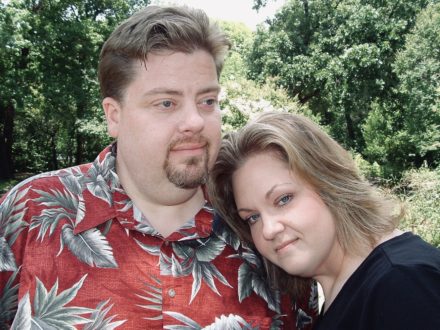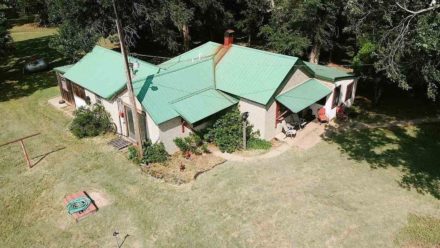Joy Beyond the Walls of the World
Although we are multi-dimensional beings, most people only understand their body and personality. But the largest part, our spirit, our temple, is our least understood and most ignored dimension. Why is that? I think it goes something like this:
A newborn baby only knows the breast. In time, other perceptions—voice, temperature, noise, pain, balance, motion, taste, smells, faces, language—awaken that young life. Soon, all five senses help integrate the child into her family and society.
Sometime later, an awareness of the Holy arrives.
Perhaps it appears when the child first gazes into the night canopy of the cosmos. Later, the human heart hears a whispered invitation to step up to that holy realm. Now he or she will rise toward union with the Creator.
But civilization seems to resist our response to the invitation. Well, of course it does. The foreheads of many cultural “experts”—like journalists, politicians, scientists, entertainers, and authors—appear permanently furrowed by darkness, cynicism, guilt, and fear; that’s why their voices scold and their touches injure.
Why do we even pay attention to them? Since we don’t know them personally; we have no idea what they know, believe, honor, embrace, or reject. So, why do we call them into our homes and invite them to open their thoughts?
Psst, hey, you…the experts don’t know. Appearing on The View or The Five does not verify wisdom.
Eucatastrophe
Many years ago, as I mowed several acres of grass with a tractor and bush hog, I suddenly realized my wallet had slipped out of my back pocket. Panic! My driver’s license, cash, and credit cards were gone. Probably chewed up by the bush hog.
For quite a long time, I walked slowly over the ground I’d already mowed, looking for shredded leather and paper. Nothing.
As a last resort, I prayed. Earnestly.
Then I climbed back on the tractor to finish the mowing. A half hour later, when I saw a big rock in my path, I stopped the tractor and jumped down to move it. When I did, my right foot landed on my wallet! I will not live long enough to understand what happened. I hadn’t come near that spot earlier.
Aside from the joy of finding what was lost, that moment reaffirmed the creature’s connection with his Creator. I asked Him for my wallet. He wasn’t too busy.
J. R. R. Tolkien added the Greek prefix “Eu” (connoting “good”) to “catastrophe,” (from its rare meaning of “end of the story”) to coin the word, “eucatastrophe.” He defined it as “a sudden and favorable resolution of events,” or “Joy beyond the walls of the world…”[1]
Think of the times when the shadow of loss darkened. Then, after standing face-to-face with “the end,” full joy suddenly invaded your life. Although you didn’t deserve it, pure delight rushed in from outside your familiar world. Finding my wallet was such a moment.
The Audacity of Joy
Joy is not a response; it is a deliberate dance before Heaven and earth. Your whole being—body, soul, and spirit—chooses to celebrate. Audaciously. You don’t wait for circumstances to launch or approve your joy. You just do it; at noon or midnight, in full health or dying, and adorned by wealth or poverty. Be joyful. Hell or high water.
The Bible speaks of “Jesus, the author and perfecter of faith, who for the joy set before Him endured the cross, despising the shame…”[2]
Jesus knew He was destined for a barbaric death. But He also saw the eucatastrophe behind and beyond the end. His joy was not a response to the cross, but rather a bold declaration throughout the universe that He would win by crushing (not avoiding) the cross. As the author and perfecter of faith, Jesus pulled joy from somewhere beyond the walls of the world. Even in death.
And as His sons and daughters, we can do that too. Go ahead. Practice joy. Every day. Go past the borders of your experience to tap into the new and future world. Then bring its power and freshness back into your circumstances. You may find others are also waiting for the new world and its joy.
[1] Verlyn Flieger & Douglas A. Anderson, Tolkien on Fairy-Stories (Glasgow: HarperCollins, UK edition, 2014)
[2] Hebrews 12:2 taken from the NEW AMERICAN STANDARD (NAS): Scripture taken from the NEW AMERICAN STANDARD BIBLE®, copyright© 1960, 1962, 1963, 1968, 1971, 1972, 1973, 1975, 1977, 1995 by The Lockman Foundation. Used by permission.
Joy Beyond the Walls of the World Read More »



